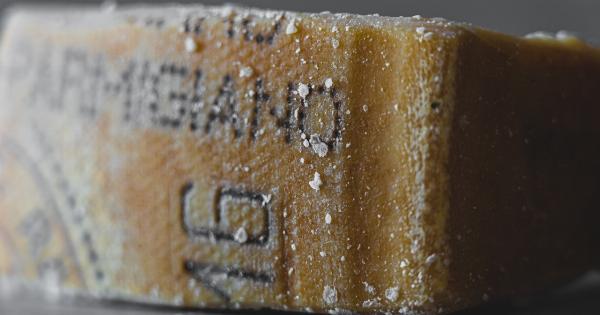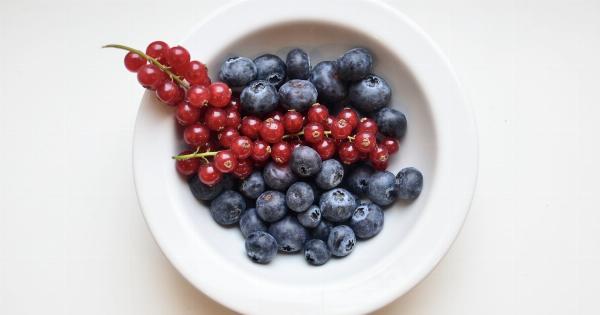Salt is one of the most common and ancient ingredients in the world. It’s a flavor enhancer, a food preservative, and a dietary supplement.
But why do we love it so much? Why do humans have such a strong addiction to salt? Let’s explore the science behind our salt cravings and its impact on our health.
What is Salt?
Salt is a naturally occurring mineral that’s composed of two elements – sodium (Na) and chloride (Cl). It’s found in seawater, underground mines, and salt flats.
Salt is used to preserve food, as well as for numerous other industrial and chemical applications.
The Science Behind Salt Cravings
Humans have a natural appetite for salt. We have taste receptors on our tongues that can detect the presence of sodium, which triggers a craving for more.
Our brains also have a reward mechanism that releases dopamine, a pleasure chemical, when we consume salt.
Research shows that animals, including humans, are predisposed to crave salt because it’s essential for our survival. Sodium is necessary for the proper functioning of our muscles, nerves, and cells.
Our bodies cannot produce enough sodium on our own, so we rely on external sources, such as our diets, to get our daily intake.
The Impact of Salt on Our Health
While sodium is necessary for our bodies to function properly, consuming too much salt can lead to health problems. High levels of salt intake have been linked to high blood pressure, heart disease, stroke, and other conditions.
The World Health Organization recommends that adults consume less than 5 grams (less than a teaspoon) of salt per day. However, it’s estimated that the average person consumes over twice that amount.
The majority of salt in the American diet comes from processed and packaged foods, fast food, and restaurant meals.
The Salt Industry
The salt industry is big business. According to the market research firm IBISWorld, the salt industry in the US generated over $2 billion in revenue in 2021. The top three salt producing countries in the world are China, the United States, and India.
The industry has come under scrutiny in recent years for misleading marketing tactics. Companies have marketed salt as a “natural” flavor enhancer or as a “healthy” alternative to sugar.
In reality, most Americans consume far too much salt, which can have negative health effects.
Reducing Salt in Our Diets
Reducing salt in our diets is easier said than done. The majority of our sodium intake comes from processed and packaged foods, which can be difficult to avoid. However, there are steps we can take to reduce our salt intake:.
- Choose fresh foods over processed foods.
- Read nutrition labels and choose products with lower sodium content.
- Request that restaurants prepare your meals with less salt.
- Use herbs and spices to flavor your food instead of salt.
The Bottom Line
Salt is an essential mineral that’s necessary for our bodies to function properly. However, consuming too much salt can be harmful to our health. Understanding the science behind our salt cravings can help us make more informed choices about our diets.
By reducing our salt intake, we can improve our overall health and well-being.





























